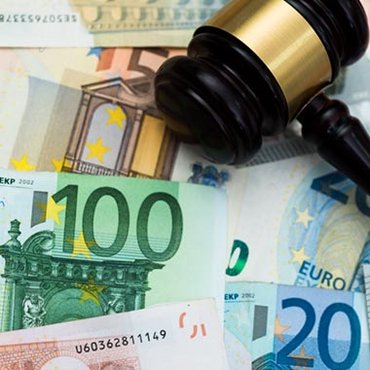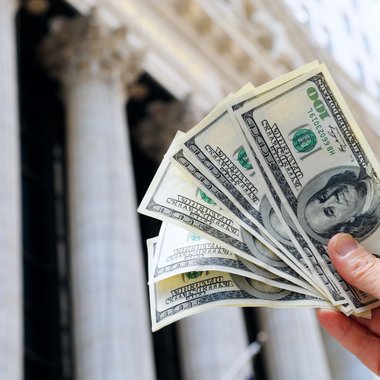Will there be regulation to prevent cashless societies?
Apr 06, 2020The US is leading the charge to prevent retailers from having the right to refuse cash payments. Will we see this trend cross the Atlantic to Europe any time soon? And how might this affect eCommerce?

The growth of alternative payment methods to cash for in-person transactions, from contactless cards to mobile wallets such as Apple Pay and Google Pay, means that the role of cash in the payments landscape is evolving. And despite cash still being king for many consumers, this has not prevented some from asking whether, and indeed when, there might not be a need for cash at all in the future.
For some small retail businesses, there is an argument that the dramatic reduction in cash-paying customers means that the benefits of not accepting cash outweighs the lost business of turning cash-only customers away. The administration associated with collecting, recording, and depositing cash into the bank, as well as the security threat of keeping legal tender on a shop’s premises, is resulting in small businesses in countries such as the UK turning down cash payments entirely.
Discriminating against the cash consumer
But any data showing the overall reduction of consumer usage of cash does not tell the full story. According to the UK Commission on Financial Inclusion 1.5 million adults in the UK remain unbanked. A further 2.2 million adults remain reliant on cash for day-to-day spending. For these consumers; the phasing out of cash from the payments’ ecosystem would be extremely damaging due to its exclusion of those that cannot, or will not pay with any other method than cash. And this dichotomy is replicated across Europe; while cash usage might be predicted to decline across Europe generally close to 40 million EU citizens still do not have a bank account.
It is for this reason that there has been a move to ban non-acceptance of cash on discriminatory grounds in the US, and this has grown substantially with cities such as Philadelphia and San Francisco already implementing bans on merchants refusing to accept cash. Legislation has been proposed in many other US cities and even states to follow suit.
While there hasn’t been a substantial groundswell of support for banning retailers from refusing to accept cash in Europe to-date, the reasons legislators in the US have made this move apply equally in Europe. And consumer advocates such as the European Consumer Organisation are beginning to propose that EU-level legislation should be put in place to guarantee that consumers have a non-discriminatory right to access and use of cash. This legislation would also address the decline in cash dispensing machines, which is a further issue squeezing the ability of the cash consumer to make payments.
eCash as a non-discriminatory payment method for the digital economy
We will have to wait to see whether the movement to ban cashless stores in Europe gathers momentum, but the potential impact of this happening might be substantial beyond the directly impacted retailers.
If European legislators do move to protect cash consumers by introducing regulation that guarantees the right to make payments in cash, might this affect how merchants in the digital economy accept payments as well?
Perhaps. While it seems extremely unlikely that any regulation guaranteeing cash acceptance would extend to online transactions, merchants are increasingly conscious of the potential value to their business of marketing online goods and services to cash-dependent consumers. And if the rights of consumers to continue paying in cash is protected in law then merchants can feel more justified making the investment of integrating eCash solutions into their online checkout in the knowledge that cash consumers will not be forced out of existence.
With cash still remaining the main method of payment for a healthy percentage of consumers, and these consumers also demanding access to digital products and services, giving consumers the right to pay for these services with cash makes financial sense.
And even in Sweden, the country with the lowest dependency on cash in Europe, consumer appetite to go completely cashless isn’t evident at the moment. Despite the significant decrease in cash adoption in recent years, this trend appears to be bottoming out; cash in circulation in Sweden actually increased for the first time since 2007 in 2018.
With no drive towards a cashless society from consumers or businesses in the near future, and with at least a percentage (and in countries such as Germany and Austria the majority) of consumers still preferring or being reliant on cash, adopting eCash as an online payment method is a logical step for operators.



